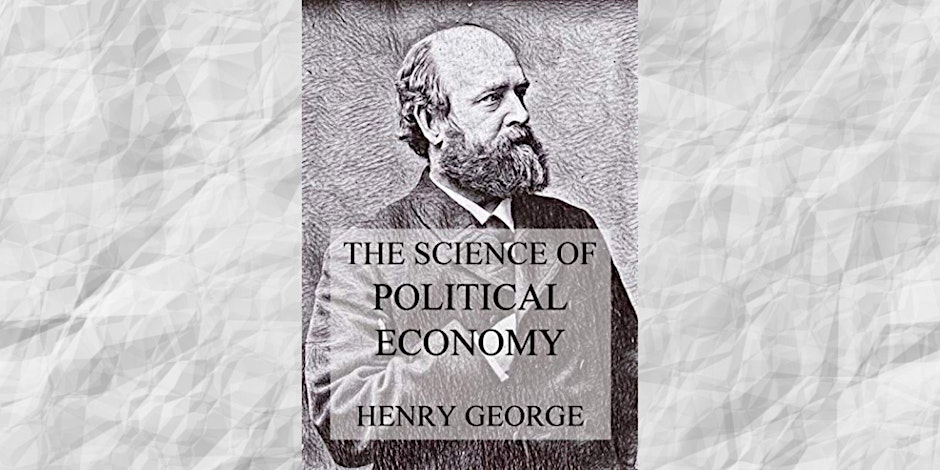
LAND VALUE RETURN AND RECYCLING FOR PROSPERITY, SUSTAINABILITY AND EQUITY
Public infrastructure has long played a crucial role in the growth and prosperity of our cities. How we raise funds to pay for infrastructure is just as important as how much funding we raise for this purpose. In this 5-session online course, we will examine:
- The relationship between infrastructure, land use, sustainability, resilience and equity;
- The difference between taxes and fees;
- The impact of different infrastructure funding techniques on integrating infrastructure and land use along with their impacts on total and per-capita infrastructure costs, job creation and affordable housing;
- “Land value return & recycling” as an important, but often-overlooked component of infrastructure funding; and
- Opportunities for and impediments to LVRR implementation.
The instructor Rick Rybeck is the Founder and Director of Just Economics LLC, a Washington DC based consultancy that assists communities in promoting job creation, affordable housing, transportation efficiency and sustainable economic development.
Dates: Thursdays 5/21, 5/28, 6/4, 6/11, 6/18
Time: 6:30PM – 8:30PM
Location: Online (Please register to receive access information)
ALL SESSIONS WILL BE HELD ONLINE:
Join Zoom Meeting
LINK WILL BE SHARED VIA EMAIL BEFORE FIRST SESSION
5 sessions
Registration fees are waved for the duration of the health crisis


